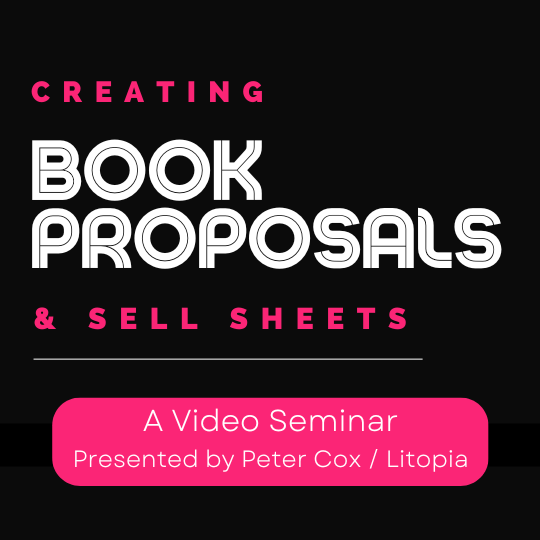I've noticed I sometimes use "to" when a reader corrects it to "at".
But sometimes the correction doesn't sound right to me and I can't figure out why.
Examples:
While describing looking at paintings, I used both "at" and "to":
"She stared out at us, holding a glass ball in front of her chest."
"Most were three-quarter busts of expressionless aristocrats staring out to us or off to the side."
In visiting a tailor who is trying to guess size: "He looked to my shoulders, then to my hips, and then twirled a finger to tell me to turn around."
In addressing a young girl who has a nanny a few yards away: "The girl glanced at me but then looked to the woman."
(This one makes sense to me in that when you look TO someone, you expect a response. But not when you look AT someone.)
Any insight?
But sometimes the correction doesn't sound right to me and I can't figure out why.
Examples:
While describing looking at paintings, I used both "at" and "to":
"She stared out at us, holding a glass ball in front of her chest."
"Most were three-quarter busts of expressionless aristocrats staring out to us or off to the side."
In visiting a tailor who is trying to guess size: "He looked to my shoulders, then to my hips, and then twirled a finger to tell me to turn around."
In addressing a young girl who has a nanny a few yards away: "The girl glanced at me but then looked to the woman."
(This one makes sense to me in that when you look TO someone, you expect a response. But not when you look AT someone.)
Any insight?



